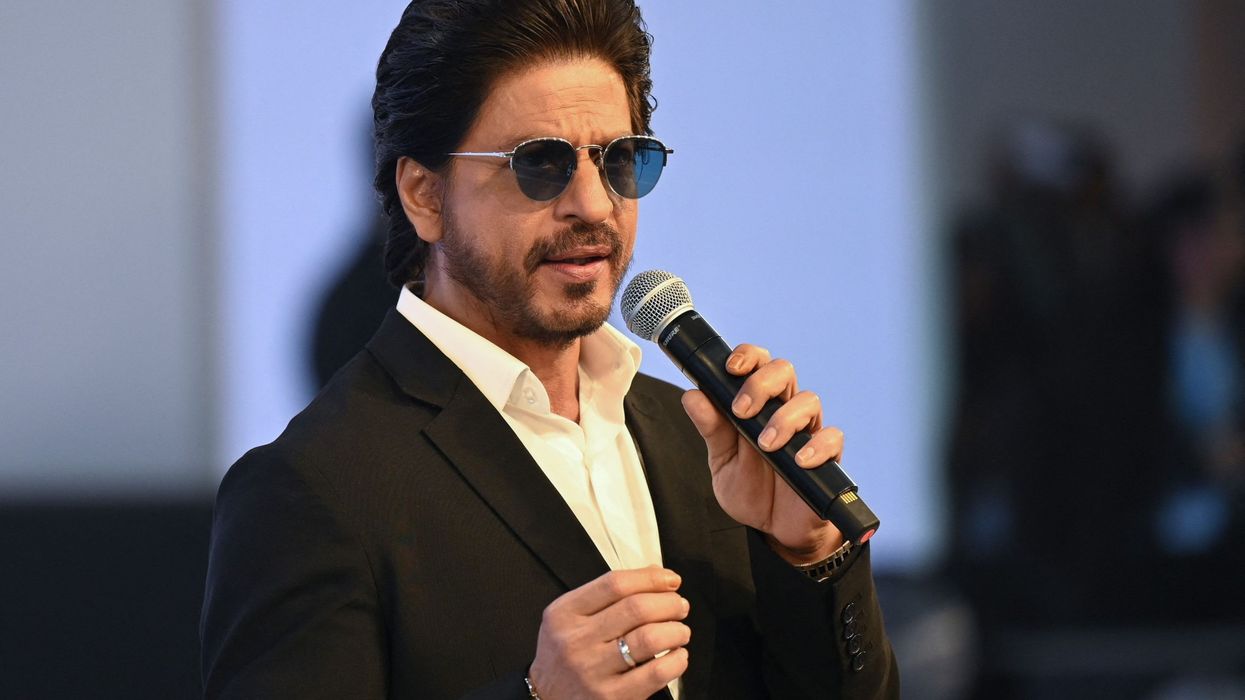Filmmaker David Michod has vivid memories of his last trip to India but what truly left an impression on him was witnessing the enchanting synergy between Bollywood superstar Shah Rukh Khan and his Hollywood counterpart, Brad Pitt.
Michod had come to the country with Pitt to promote their Netflix satirical film War Machine in May 2017. As part of the promotional campaign, Pitt and Khan came together for an in-conversation session, during which they discussed their respective careers and the many memorable movies that they fronted.
"I love coming here (to India). It's so exhilarating, and amazing to meet (people). It was not only amazing to meet Shah Rukh Khan, like when I was here last time, but it was amazing to watch him and Brad Pitt in a room together, they hadn't met each other before.
"I just got to sit there and watch two megastars from different universes enter each other's orbit. I felt lucky to be there," Michod told PTI in an interview.
The Australian director was recently in India to participate in the just-concluded Jio MAMI Mumbai Film Festival. He was part of the jury for the South Asia Competition along with Mira Nair, Edouard Waintrop, and Isabel Sandoval.
Michod made his directorial debut with 2010's Animal Kingdom, a story of a family operating a crime syndicate. The movie, which featured Ben Mendelsohn, Joel Edgerton, and Guy Pearce, had attained critical acclaim.
Before making his foray into cinema, he worked as an editor in a film magazine. He then turned to directing short films and documentaries and even acted in minuscule roles in some projects.
Michod said he had "little fear" when he made the switch from journalism to filmmaking.
"I wasn't worried about being judged after having done the judging for so long. It felt like the thing I was supposed to do. Like I wasn't supposed to be working for a film magazine, I was supposed to be making things, maybe making them badly but making things.
"I wanted that experience that I've been describing, which is being with a bunch of talented people making something that didn't exist before," he said.
Animal Kingdom had its world premiere at the Sundance Film Festival, where it later won the World Cinema Jury Prize.




